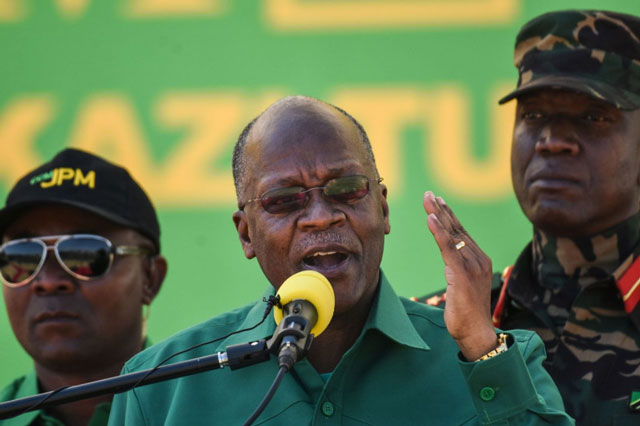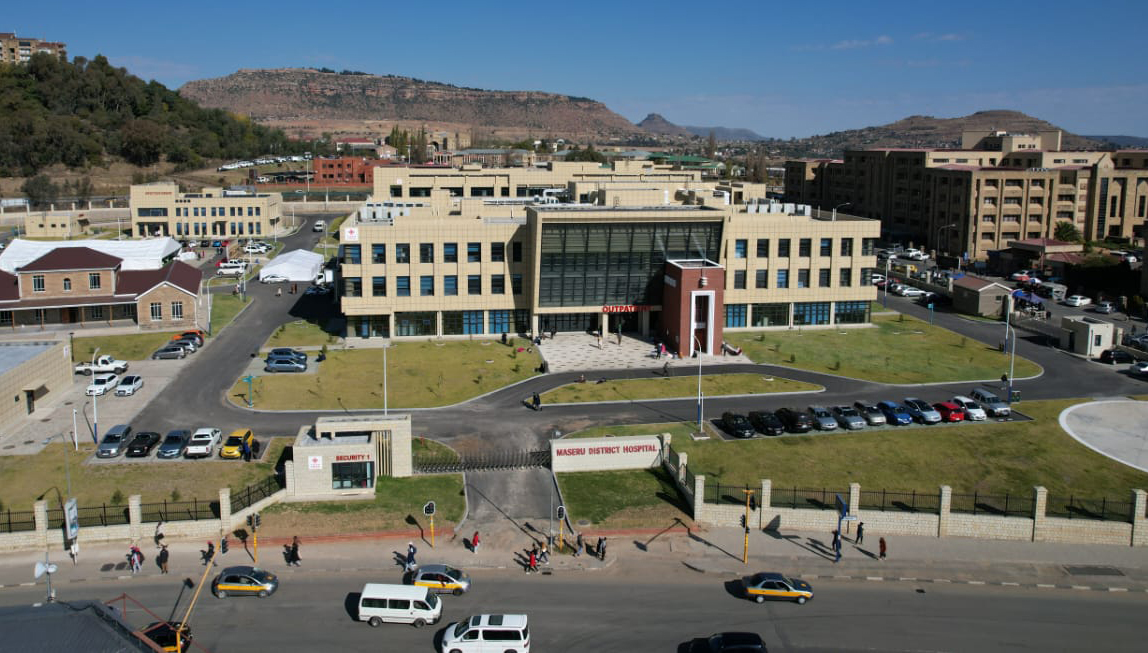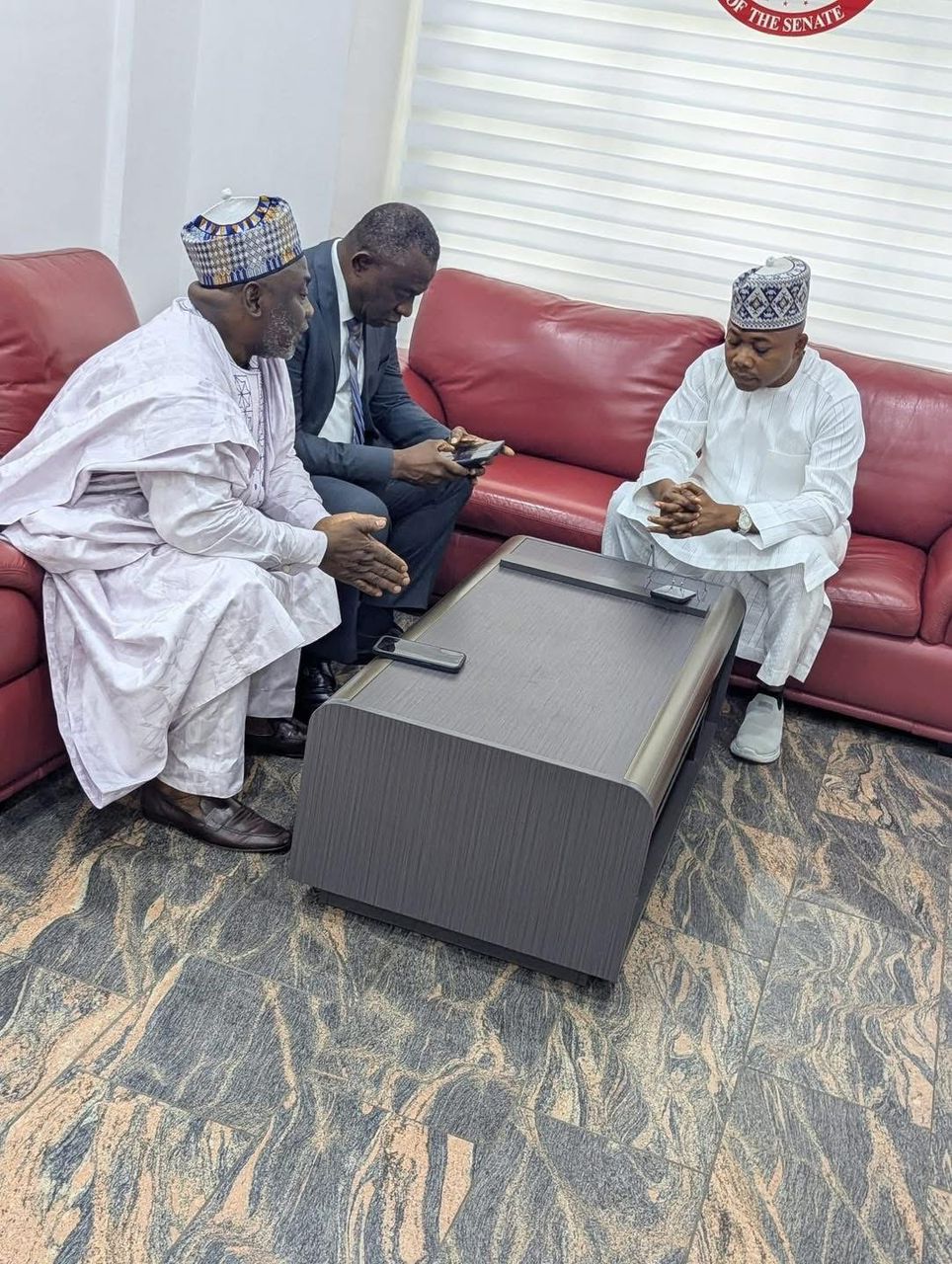Copyright independent

COMMENT | ANDREW BESI | In 1985, the British band Latin Quarter released their haunting anthem Radio Africa. One of its verses rhymes thus: “ Mozambique and Mugabe Still got FRELIMO I hear them say But exchange means Recession means It all means it’s harder to take Tanzania could be moving up a gear Instead they’ve got to step on the brake.” Nearly four decades later, the verse still rings with prophetic truth — a melancholic refrain for Africa’s unfinished revolutions. The Season of Magufuli Eng. John Pombe Magufuli was a paradoxical man — austere yet popular, feared yet admired. In his 2015 campaign for the presidency of Tanzania, he reignited public faith in East Africa’s most enduring political machine, Chama Cha Mapinduzi (CCM). As president, he declared war on corruption and the indolence of the bureaucracy. He expelled crooked contractors, dismissed lazy officials, and imprisoned the incorrigibly corrupt. His leadership style was raw and sometimes severe — but it worked. By the end of his first term, the United Republic of Tanzania had moved up a gear and achieved middle-income status — proof that integrity, when tried, can still yield fruit. Sadly, Magufuli’s reformist flame was snuffed out too soon. He died in March 2021, only months into his second term. His vice president, Samia Suluhu Hassan, succeeded him and, to her credit, has kept Tanzania economically vibrant. But today, Tanzania makes news for darker reasons. The ghosts of discontent — young, restless, and digital — have risen. Gen Z protests now echo through Dar es Salaam and beyond, fueled by President Samia’s increasingly heavy-handed and, at times, reckless treatment of political opponents. Before this latest election cycle, she ordered the kidnapping and imprisonment of rivals. Among them, Tundu Antiphas Lissu of CHADEMA — jailed and later disqualified from contesting the presidency. Across the Continent Across the continent, the pattern repeats — power aging without grace. In Cameroon, Issa Tchiroma Bakary, who once served ten years as Minister of Communication, was at least permitted to contest the presidency against Paul Biya, now 92 years old and ruling since 1982. Only Teodoro Obiang Nguema of Equatorial Guinea has ruled longer. Both men share a fondness for life’s finer extravagances — Biya, famously, preferring to govern from the Swiss Alps. In Zimbabwe, Dr. Robert Gabriel Mugabe’s long reign ended in 2017. Once the intellectual firebrand of African liberation, Mugabe died in 2019, leaving behind a nation both free and broken. His successor — ally-turned-adversary Emmerson Mnangagwa, the Crocodile — recently delivered his State of the Nation Address in the dark, literally, after a nationwide power blackout. The Darkness Closer to Home Here in Uganda, despite generating over 2,000 megawatts of electricity, power blackouts and load-shedding have become more frequent than at any point in the last fifteen years. Some now joke that UMEME has been replaced by the Uganda Electricity Darkness Company Limited (UEDCL). Still, amid our flickering bulbs, a new light emerges in scholarship. Prof. Mahmood Mamdani—one of our most distinguished thinkers—has authored Slow Poison: Idi Amin, Yoweri Museveni and the Making of the Ugandan State. The Museveni I Remember I recall, as a young pupil in 1989, watching President Yoweri Museveni at a public dialogue organized by the Makerere University Academic Staff Association. The discussion — led by none other than Prof. Mamdani — questioned the legitimacy of the newly victorious NRM government and debated the future of Uganda after 1986. I remember little of the arguments, but I do remember Museveni’s eloquence. His words flowed with conviction and promise. My father and uncle, listening intently, turned to each other and said, “Uganda will never have another president like Museveni.” I sometimes wonder whether that declaration was meant as a prophecy or a warning. The Echo of History The NRM came to us by way of the Front for National Salvation (FRONASA) — a small movement born between 1972 and 1976, trained with the help of Mwalimu Julius Nyerere in areas of northern Mozambique then controlled by FRELIMO. And today, FRELIMO — founded by Dr. Eduardo Chivambo Mondlane, once headquartered in Tanzania — still governs Mozambique. And so, as Latin Quarter sang long ago: “ Mozambique and Mugabe, Still got FRELIMO I hear them say…” The rhythm remains unchanged. Only the verses might yet grow happier! By Andrew “Pi” Besi | On X: @BesiAndrew



